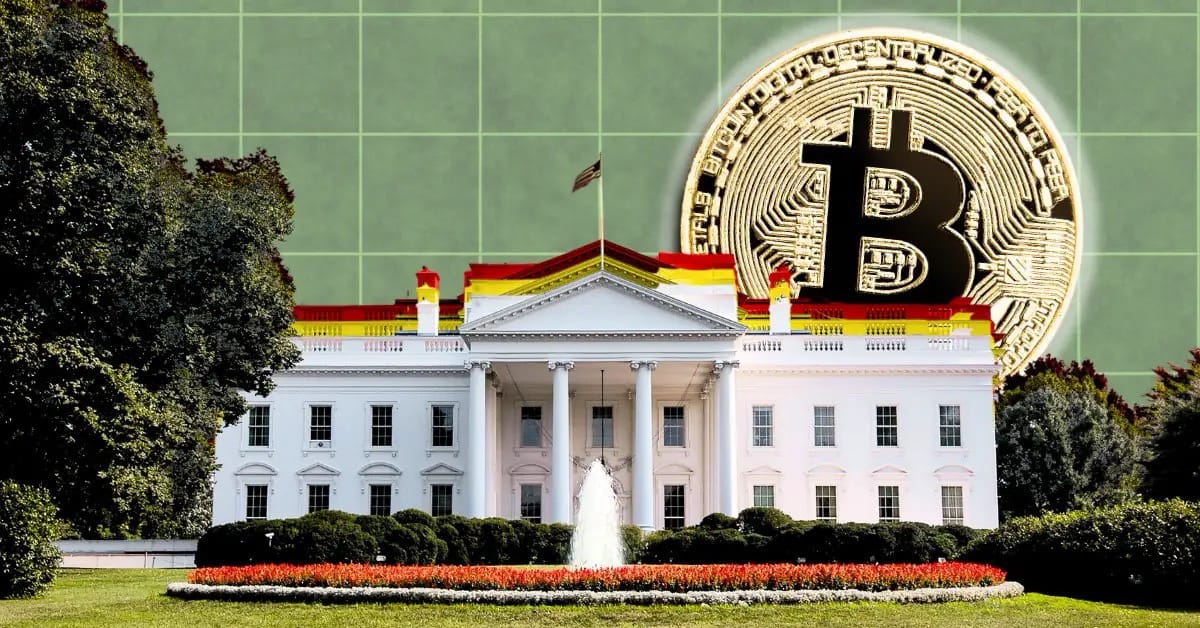White House Targets Banks with Executive Order on Alleged Crypto Discrimination

The White House is poised to intensify scrutiny of major banks over claims of discriminatory practices against conservative groups and cryptocurrency companies. A draft executive order, reviewed by The Wall Street Journal, outlines a directive for bank regulators to probe potential violations of key financial laws, including the Equal Credit Opportunity Act, antitrust regulations, and consumer protection statutes. The move signals a broader effort to address concerns that banks are unfairly targeting customers based on political or ideological grounds. The order, which could be signed as early as this week, may impose significant penalties on institutions found to be in violation, though its finalization could still face delays or revisions.
The draft does not single out specific banks but references a notable case involving Bank of America, which faced accusations of closing accounts tied to a Christian organization operating in Uganda due to its religious beliefs. Bank of America has maintained that the closure was due to its policy of not serving small businesses operating outside the United States. Additionally, the order critiques the involvement of some banks in investigations related to the January 6, 2021, U.S. Capitol riots, suggesting that their actions may have unfairly targeted certain customers. These examples underscore the administration’s focus on addressing what it perceives as systemic bias in the banking sector.
Stay In The Loop and Never Miss Important Crypto News
Sign up and be the first to know when we publishRegulatory and Industry Response
The proposed executive order has sparked significant attention within the banking industry, which has been bracing for action from the Trump administration. For years, conservative groups have claimed that banks deny them services based on political or religious affiliations, while cryptocurrency firms have reported being excluded from banking services, particularly under the previous Biden administration. Banks, however, argue that their decisions are driven by compliance with legal and regulatory frameworks, including stringent anti-money-laundering laws that pose financial risks. A Bank of America spokesperson emphasized the bank’s commitment to regulatory clarity, noting that it has provided detailed proposals to work with both the administration and Congress to refine the regulatory landscape.
In anticipation of federal action, several banks have taken proactive steps to address these concerns. Over recent months, major financial institutions have engaged with Republican attorneys general and updated their policies to explicitly state that they do not discriminate based on political affiliation. The draft order also instructs regulators to eliminate any policies that may have encouraged banks to drop customers for ideological reasons. Furthermore, it calls for the Small Business Administration to scrutinize the practices of banks that guarantee its loans, adding another layer of oversight to ensure fair treatment.
The order’s broader directives include instructing regulators to refer potential violations to the Justice Department, which earlier this year launched a task force in Virginia to investigate claims of banks denying services based on impermissible factors. The administration has also signaled a shift in regulatory priorities, with banking regulators under Trump indicating they will no longer assess banks for reputational risks tied to their customers—a practice banks have cited as a reason for avoiding certain industries, including cryptocurrencies. This policy change could significantly alter how banks approach customer relationships, particularly in politically sensitive sectors.
The Bitcoin and crypto industry, in particular, stands to benefit from the administration’s push for clearer regulations. Many crypto firms have struggled to secure banking services, citing regulatory uncertainty and pressure from prior administrations as key barriers. The executive order’s focus on eliminating discriminatory practices could pave the way for greater integration of crypto companies into the mainstream financial system. However, banks remain cautious, emphasizing the need to balance compliance with evolving regulatory expectations and the administration’s new directives.

